- Home
- Quizzes
- My Quiz Activity
- Newsletters
- Sports Betting
- MY FAVORITES
- Add Sports/Teams
- SPORTS
-
NFL
- NFL Home
- Arizona Cardinals
- Atlanta Falcons
- Baltimore Ravens
- Buffalo Bills
- Carolina Panthers
- Chicago Bears
- Cincinnati Bengals
- Cleveland Browns
- Dallas Cowboys
- Denver Broncos
- Detroit Lions
- Green Bay Packers
- Houston Texans
- Indianapolis Colts
- Jacksonville Jaguars
- Kansas City Chiefs
- Las Vegas Raiders
- Los Angeles Chargers
- Los Angeles Rams
- Miami Dolphins
- Minnesota Vikings
- New England Patriots
- New Orleans Saints
- New York Jets
- New York Giants
- Philadelphia Eagles
- Pittsburgh Steelers
- San Francisco 49ers
- Seattle Seahawks
- Tampa Bay Buccaneers
- Tennessee Titans
- Washington Commanders
-
MLB
- MLB Home
- Athletics
- Arizona Diamondbacks
- Atlanta Braves
- Baltimore Orioles
- Boston Red Sox
- Chicago White Sox
- Chicago Cubs
- Cincinnati Reds
- Cleveland Guardians
- Colorado Rockies
- Detroit Tigers
- Houston Astros
- Kansas City Royals
- Los Angeles Angels
- Los Angeles Dodgers
- Miami Marlins
- Milwaukee Brewers
- Minnesota Twins
- New York Yankees
- New York Mets
- Philadelphia Phillies
- Pittsburgh Pirates
- San Diego Padres
- San Francisco Giants
- Seattle Mariners
- St. Louis Cardinals
- Tampa Bay Rays
- Texas Rangers
- Toronto Blue Jays
- Washington Nationals
-
NBA
- NBA Home
- Atlanta Hawks
- Boston Celtics
- Brooklyn Nets
- Charlotte Hornets
- Chicago Bulls
- Cleveland Cavaliers
- Dallas Mavericks
- Denver Nuggets
- Detroit Pistons
- Golden State Warriors
- Houston Rockets
- Indiana Pacers
- Los Angeles Clippers
- Los Angeles Lakers
- Memphis Grizzlies
- Miami Heat
- Milwaukee Bucks
- Minnesota Timberwolves
- New Orleans Pelicans
- New York Knicks
- Oklahoma City Thunder
- Orlando Magic
- Philadelphia 76ers
- Phoenix Suns
- Portland Trail Blazers
- Sacramento Kings
- San Antonio Spurs
- Toronto Raptors
- Utah Jazz
- Washington Wizards
-
NHL
- NHL Home
- Anaheim Ducks
- Boston Bruins
- Buffalo Sabres
- Calgary Flames
- Carolina Hurricanes
- Chicago Blackhawks
- Colorado Avalanche
- Columbus Blue Jackets
- Dallas Stars
- Detroit Red Wings
- Edmonton Oilers
- Florida Panthers
- Los Angeles Kings
- Minnesota Wild
- Montreal Canadiens
- Nashville Predators
- New Jersey Devils
- New York Islanders
- New York Rangers
- Ottawa Senators
- Philadelphia Flyers
- Pittsburgh Penguins
- San Jose Sharks
- Seattle Kraken
- St. Louis Blues
- Tampa Bay Lightning
- Toronto Maple Leafs
- Utah Hockey Club
- Vancouver Canucks
- Vegas Golden Knights
- Washington Capitals
- Winnipeg Jets
- NCAAF
- NCAAM
- Olympics
- Boxing
- Entertainment
- Lifestyle
- Golf
- MMA
- Soccer
- Tennis
- Wrestling
- More Sports
- RESOURCES
- My Account
- YB on Facebook
- YB on Twitter
- YB on Flipboard
- Contact Us
- Privacy Policy
- Terms of Service
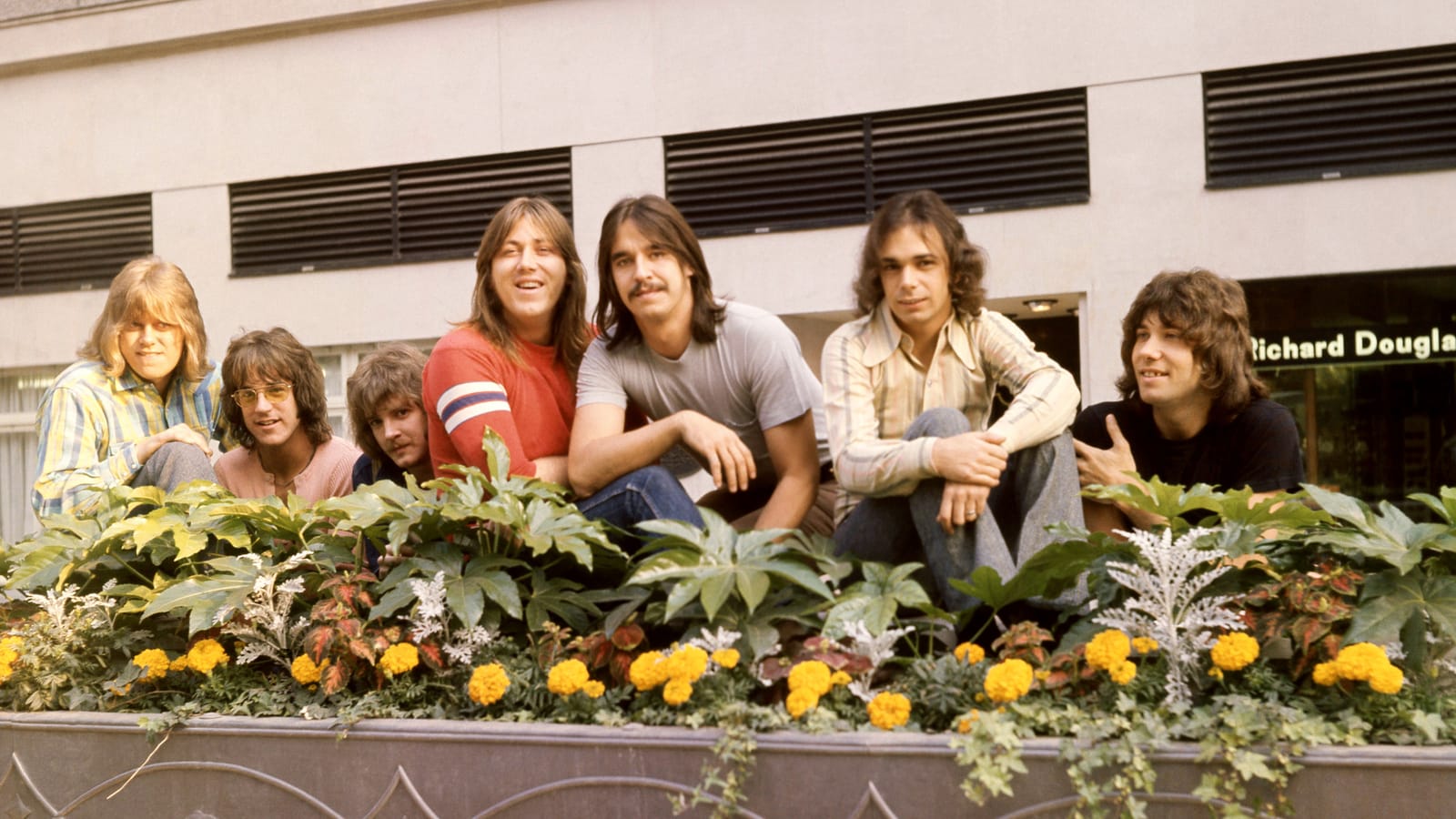
Formed in 1967, Chicago has enjoyed quite the longevity, still playing live and drawing crowds to enjoy its Hall-of-Fame legacy. Even through tragedy and various lineup changes, Chicago has persevered with its unique sound, which's been reinvented over the years with a rousing horn section and poignant lyrics.
Here are our rankings of Chicago's 25 best songs.
25. "Take Me Back to Chicago"
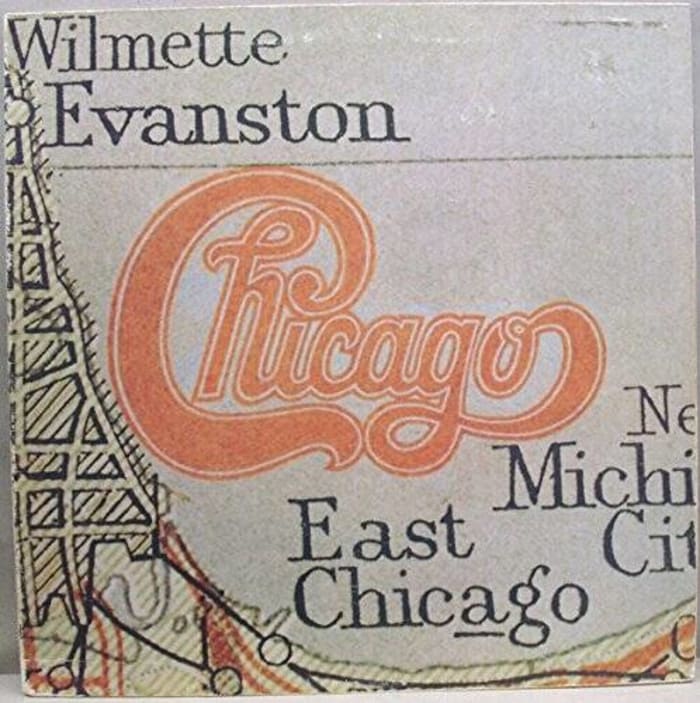
By 1977's Chicago XI, was an established rock force. Known for its creativity and originality. That continued on the group's ninth studio album, and 11th overall. Sadly, it was released four months before guitarist, vocalist and co-founder Terry Kath's death from an accidental, self-inflicted gunshot wound. The album, "Take Me Back to Chicago," was co-written by original Chicago drummer Danny Seraphine and also features fellow Windy City native Chaka Khan on background vocals on a tune, longing for those days in the City by the Lake.
24. "Love Me Tomorrow"

Following a mini-run of poor album sales and falling from mainstream prominence, Chicago returned with a pop, Top 40 vengeance thanks to 1982's Chicago 16. It's the band's first album on Warner Bros. Records and is associated with renowned pop/soft rock producer David Foster. Who, along with Peter Cetera, co-wrote this second single from this platinum-selling album. With a sound geared more toward radio and MTV, "Love Me Tomorrow" reached No. 22 on the Billboard Hot 100 in the United States.
23. "Stay the Night"

After Chicago 16 breathed new life into the band, 1984's follow-up Chicago 17 proved its pop-oriented, undisputedly soft-rock/adult contemporary sound was a winner in the eyes of mainstream audiences. The three-time Grammy Award-winning Chicago 17 went six-times platinum. "Stay the Night" was the opening track and lead single from the record. It peaked at No. 16 on the Billboard Hot 100, and the music video made Chicago relevant in the eyes of MTV viewers.
22. "Will You Still Love Me?"
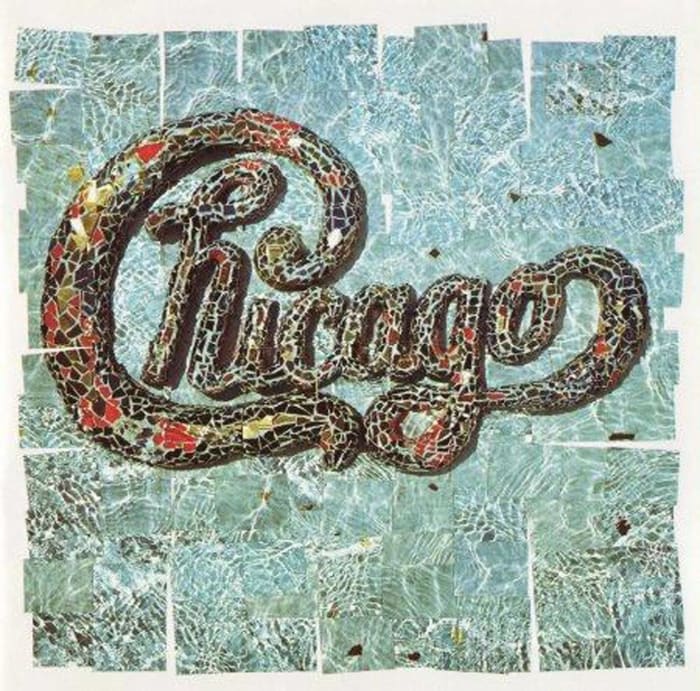
When Chicago 18 was released in 1986, co-founding bassist and vocalist Peter Cetera had just left the band to begin his solo career officially. Little known, 23-year-old bassist, singer/songwriter Jason Scheff stepped in with a voice obviously similar to Cetera's. Right off the bat, the band found success with Scheff, who sings lead on this 18 hit that peaked at No. 3 on the Billboard Hot 100. In the mold of many soft-rock ballads produced by Chicago during the 1980s, "Will You Still Love Me?" proved that it didn't matter the lineup, the hits would keeping coming (as long as David Foster was still in the mix).
21. "Gone Long Gone"

In 1978, Chicago released Hot Streets, its first studio album following Terry Kath's death. The album wasn't necessarily a fan or critics favorite because of its overall disco sound. However, "Gone Long Gone" is somewhat of an underrated track amid a record that represented a band in search of direction. It featured some strong guitar work from new member Donnie Dacus, notably the track's into. "Gone Long Gone" was not a commercial hit, but one of Hot Streets' better offerings.
20. "Hard Habit to Break"

One of the most successful songs in the Chicago catalog, "Hard Habit to Break," was not written by any member of the band. From Chicago 17, and with Peter Cetera and Bill Champlin sharing lead vocals, the soft-rock favorite reached No. 3 on the Hot 100 and was nominated for four Grammy Awards. With David Foster and Jeremy Lubbock winning for Best Instrumental Arrangement Accompanying Vocal(s). "Hard Habit to Break" is a prime example of Chicago's musical focus during the 1980s.
19. "We Can Last Forever"

Amid the popular soft-rock offerings Chicago released during the 1980s, "We Can Last Forever," from 1988's Chicago 19, might be tough to distinguish from others of the ilk. However, there's something about the tune that stands out above the rest. Perhaps, because it's one of Jason Scheff's better vocal performances. He also co-wrote a song that can best be described as a guilty pleasure we enjoy taking in while sitting in the waiting room at our dentist's office.
18. "(I've Been) Searchin' So Long"
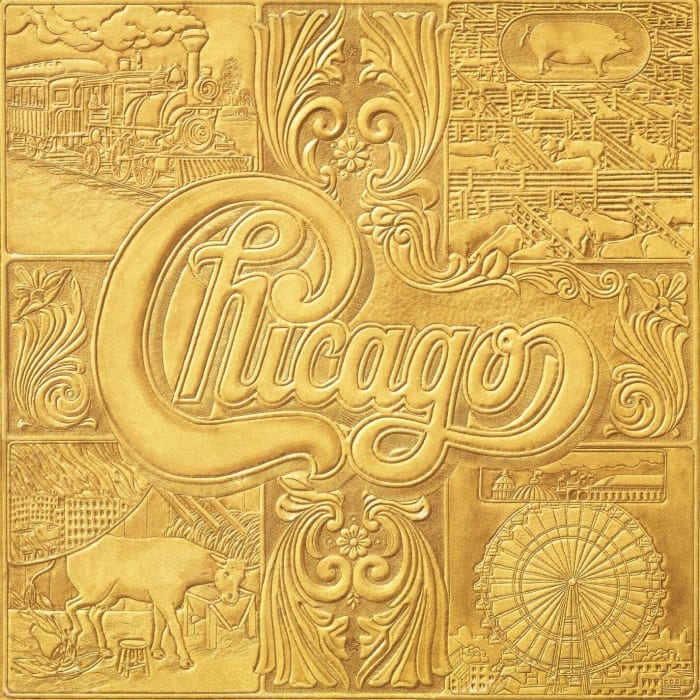
Chicago's success, especially during the first decade of its existence, was usually based on the collective greatness of its musicianship. A creatively unique group of talent, not afraid to think outside the box for the time. Complete with some string work, the progressively dreamy and charming "(I've Been) Searchin' So Long," off the band's 1974 sixth studio album Chicago VII, is a perfect example of all that and hit No. 9 on the Billboard Hot 100 in the United States.
17. "Just You 'N' Me"

Though Robert Lamm wrote most of the songs on the band's fifth studio release Chicago VI (1973), the album's two biggest hits were penned (or co-penned) by trombonist James Pankow. The second single off the album is this tender tune he wrote following an argument with his wife. With Peter Cetera on lead vocals (an early demonstration of his knack for singing ballads), "Just You 'N' Me" reached No. 4 on the Billboard Hot 100 in the United States.
16. "Where Do We Go from Here?"
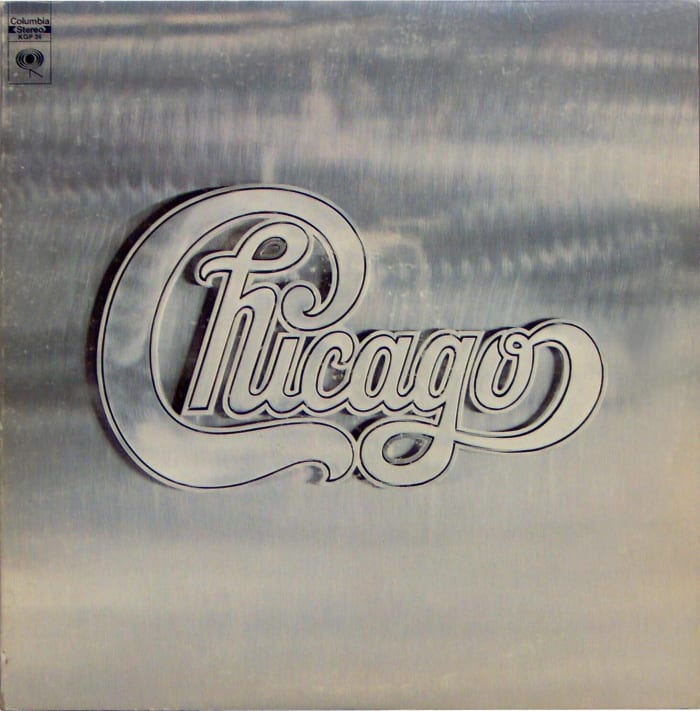
Chicago's second record -- a double album like its first -- from 1970, simply titled Chicago, was nominated for three Grammy Awards. The album also featured a larger presence from bassist Peter Cetera, on a compositional front. "Where Do We Go from Here?" is a perfect example of Cetera's talent. With an almost folk-rock sound, Cetera wrote and sang lead on the record's closing number. It was a sign of what was to come when it came to the group's hierarchy.
15. "Dialogue (Part I & II)"
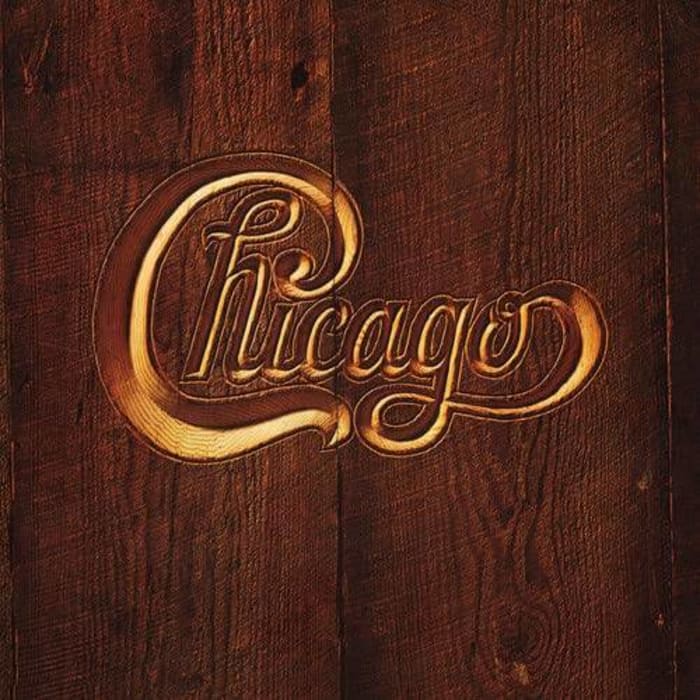
After its first three studio releases were each double albums, Chicago V (1972) was the first single record by the band. More concise, with no song more than six-plus minutes. Put together, "Dialogue Part I & II" are just over seven. This funk-fueled number features Terry Kath and Peter Cetera trading lyrics involving two people's different views on the world. They ultimately come to an understanding of each other, which leads into the second part, where the entire band provides the collective vocals. An edited version of the songs cracked the top 25 on Billboard's Hot 100.
14. "Look Away"

With "Look Away," Chicago proved it can achieve a No. 1 Hot 100 song in the post-Peter Cetera era. Written by the legendary Diane Warren, and with Bill Champlin on lead vocals, "Look Away" is the signature moment from Chicago 19, and was a little more pronounced and MTV-ready than most of the band's mainstream hits from the 1980s. Without the presence of the group's traditional and beloved brass section, this really did not veer from the typical sound.
13. "Colour My World"
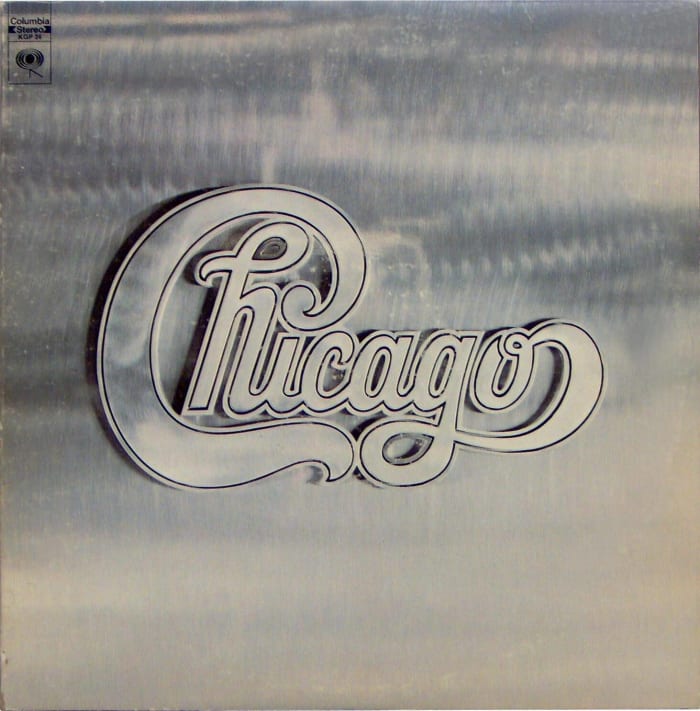
One of the most fascinating moments from Chicago's second album is the nearly 13-minute "Ballet for a Girl in Buchannon." Trombonist James Pankow composed the piece, which has been described as a "mini-rock opera" and broken down into seven parts. "Colour My World" is the fifth part of the piece, initially sung by Terry Kath, and featured Walt Parazaider's flute solo. A soulful number, it's one of the most beloved tunes sung by Kath. Following his death, Robert Lamm, Bill Champlin and Lee Louhgnane have all sung lead on the track.
12. "You're the Inspiration"

Back in 1985, "You're the Inspiration" was the theme of many a high school prom throughout the United States. From Chicago 17, it was indirectly Peter Cetera's pop farewell to the band, as he left to embark on a solo career after that album. He co-wrote the massively popular ballad with David Foster, and it reached No. 3 on the Hot 100. But, like several Chicago tunes during the 1980s, the song topped the Billboard Adult Contemporary Chart in the U.S.
11. "Does Anybody Really Know What Time It Is?"
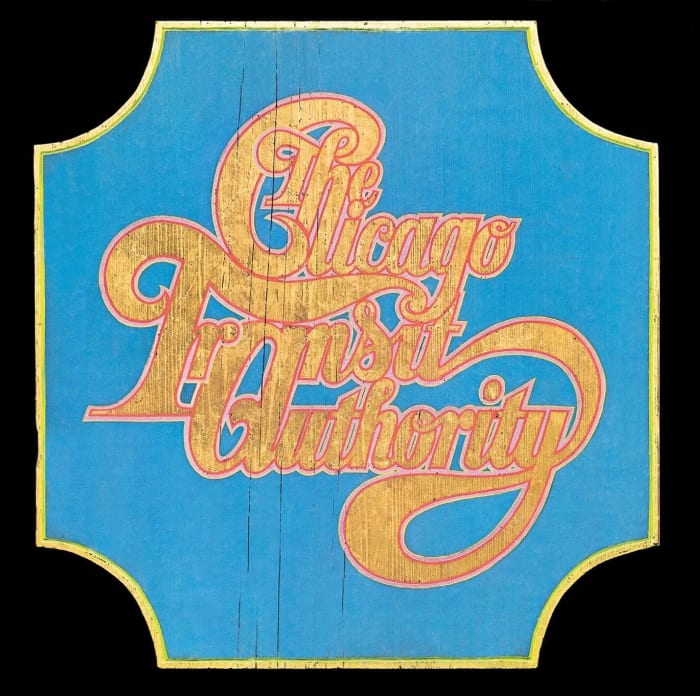
Back to the band's stellar 1969 self-titled debut album, when it was then known as Chicago Transit Authority. The album went double platinum and the group was nominated for the Best New Artist of the Year Grammy. "Does Anybody Really Know What Time It Is?: was the first song recorded for the album, and is best known for Robert Lamm's smoked-filled bar-vibed piano intro (on the original album cut). From there, Chicago's signature horns kick in and Lamm's vocals go from there. The tune reached No. 7 on Billboard's Hot 100.
10. "Baby, What a Big Surprise"

By the late 1970s, Peter Cetera had become the prominent vocalist within the band and already opened the door toward his 1980s solo success. From Chicago XI, "Baby, What a Big Surprise" was another classic Cetera-composed ballad that kept the band's hit machine rolling. It reached No. 4 on the Billboard Hot 100. In addition to Walt Parazaider's subtle flute presence and Lee Loughnane's brilliant performance on the piccolo trumpet, Beach Boy Carl Wilson provided backing vocals.
9. "If You Leave Me Now"
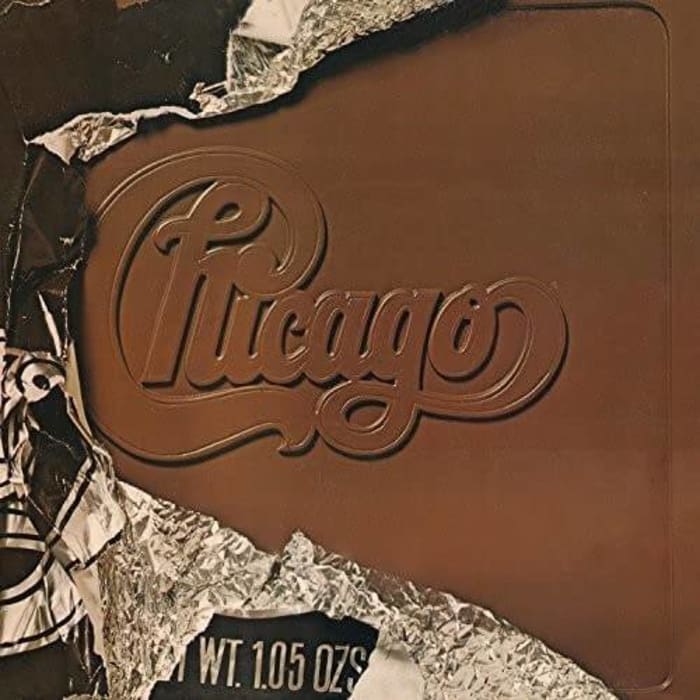
From 1976's Chicago X, "If You Leave Me Now" was Chicago's first song to hit No. 1 on the Billboard Hot 100 chart in the United States. It also went No. 1 in six other countries and remains one of the band's most cherished tracks. It also earned Chicago's first Grammy Award -- for Best Pop Vocal Performance by a Duo, Group or Chorus. In addition, the ballad, written and sung by Peter Cetera, won the Grammy for Best Arrangement Accompanying Vocalist(s) (going to veteran collaborators Jimmie Haskell and James William Guercio).
8. "Questions 67 and 68"

Sticking with the band's debut. "Questions 67 and 68" did not enjoy chart success (peaking at No. 71 on the Hot 100) like a couple of other tracks on the record. Yet, it still remains a popular tune within Chicago's expansive musical catalog. Reportedly influenced by the Beatles, and touching on the dynamics within a romantic relationship, the song's vocals are prominently handled by Peter Cetera, Meanwhile, Danny Seraphine's underrated drum work is showcased, as well as the group's exceptional brass work.
7. "Beginnings"
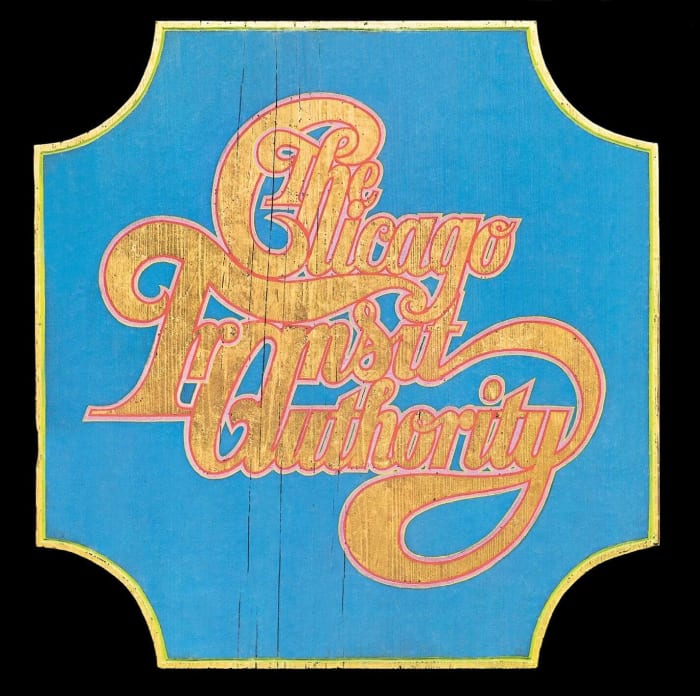
Another gem from the band's debut, "Beginnings" did not chart upon initial release, but upon the success of "Questions 67 and 68," it was re-released, with "Colour My World" as its B-side. From there, "Beginnings" cracked the top 10 of the Hot 100 and hit No. 1 on Billboard's Adult Contemporary chart. The song opens and is underlaid with Terry Kath's memorable 12-string acoustic guitar performance. Like many of Chicago's early numbers, "Beginnings" is quite long, at nearly eight minutes. Of course, the musical journey is well worth the time.
6. "Old Days"
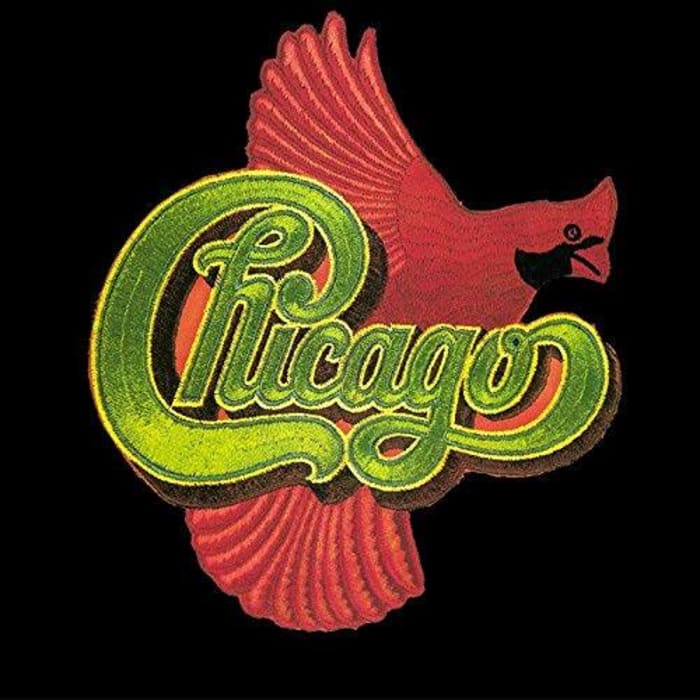
A nostalgic rocker from 1975's Chicago VIII. James Pankow's tale of innocent, childhood fun and growing up, is made even more special by his bandmates. It was a tremendous horn section performance, with Terry Kath's hard-charging riffs and well-kept time and pace from drummer Danny Seraphine. "Old Days" made it up to No. 5 on Billboard's Hot 100, yet is not celebrated to the level of some of Chicago's classic songs from the 1970s' rock heydey.
5. "Saturday in the Park"
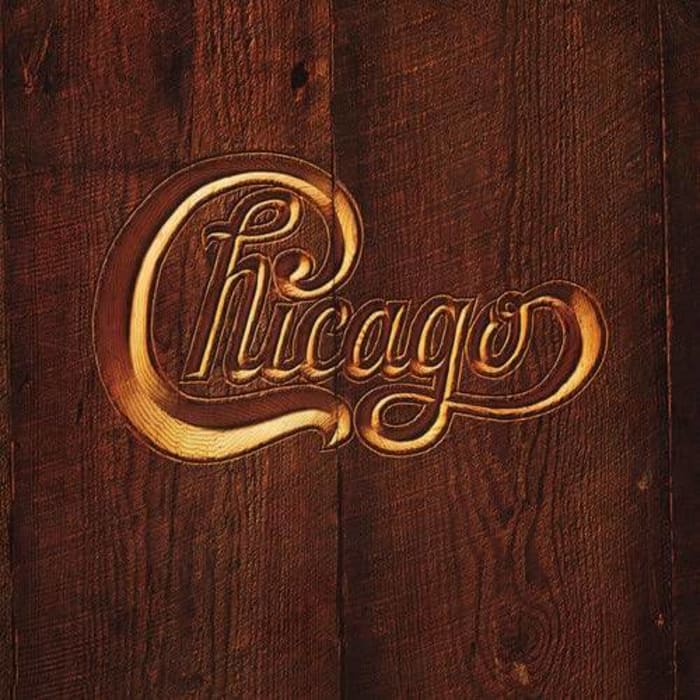
Reaching No. 3 on the Hot 100, "Saturday in the Park," from the Chicago V, was the band's highest-charting single at the time and remains one of its most popular releases. Especially in a live setting, when fans tend to get up and dance. Another brilliant Robert Lamm-penned offering, the tune was inspired by the happenings on a particular day at New York City's Central Park. Vocal performances by Lamm and Peter Cetera add to the free-spirited nature of the track.
4. "Make Me Smile"

The opening portion of "Ballet for a Girl in Buchannon." "Make Me Smile" was broken out and adapted for radio, where it reached No. 9 on Billboard's Hot 100. It's one of Chicago's signature tunes, and live concert favorite, especially when played within the confines of the "Ballet." Another great vocal performance from Terry Kath, who truly showed off his musical versatility on the Chicago album. In the years after Kath's death, Robert Lamm, Bill Champlin and Lou Pardini have taken over lead vocal duties.
3. "Hard to Say I'm Sorry" / "Get Away"
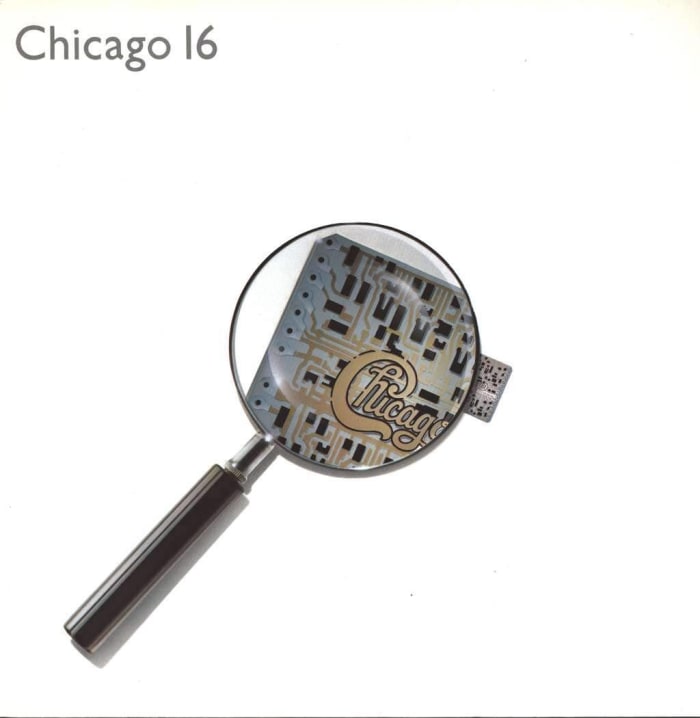
When it comes to fans of Chicago's music from the 1980s, "Hard to Say I'm Sorry" might be the band's most popular tune. That ballad portion of the piece, penned by Peter Cetera and David Foster (who played piano on the track), was Chicago's second No. 1 Hot 100 hit and nominated for a Grammy Award. Slickly produced, "Hard to Say I'm Sorry" also featured three members of Toto and other session players. Meanwhile, the faster, heavier "Get Away" movement was co-written by Robert Lamm and featured the entire Chicago lineup, including newest member Bill Champlin on keyboards, guitar and backing vocals.
2. "Feelin' Stronger Every Day"
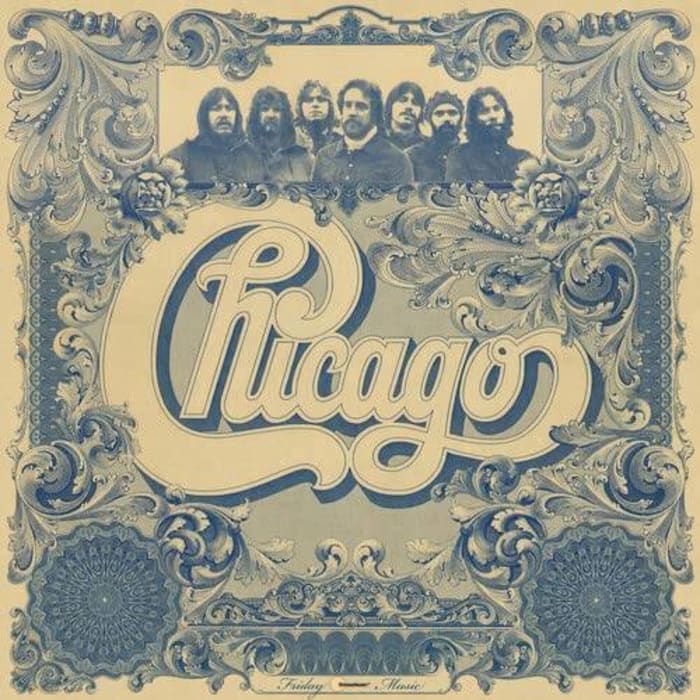
From Chicago VI, Jimmy Pankow co-wrote this superb rocker with Peter Cetera, about the aftermath of the collapse of the latter's marriage. It was a top-10 hit for the band and an example of why Chicago was so successful. Impactful lyrics, a bombastic pop-rock sound, reliable work from the brass section, Cetera's uniquely addictive voice, some unheralded Terry Kath guitar playing, and drumming from Danny Seraphine and Robert Lamm on the electric piano. It's one of those songs we can listen to all day.
1. "25 or 6 to 4"
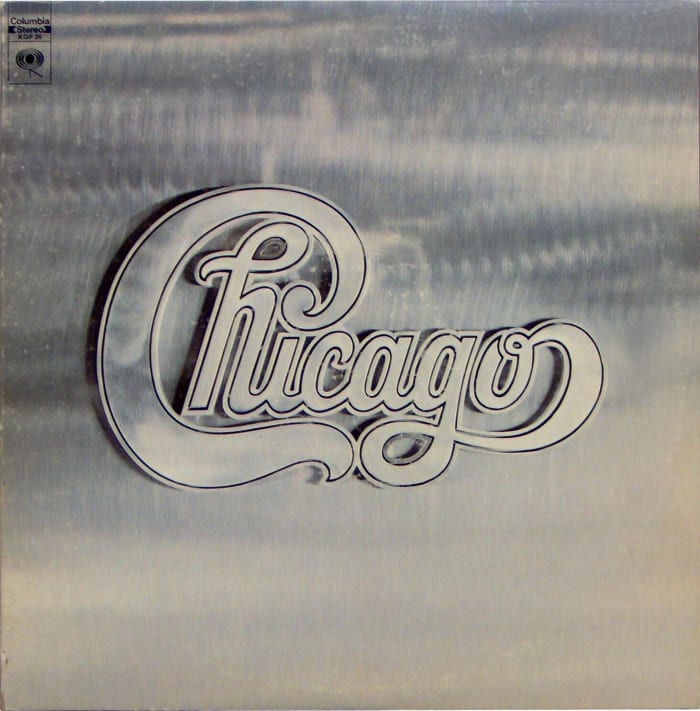
Go to just about any high school band concert or take in a prep football halftime show and there's a good chance you'll hear this Chicago classic from its second album. A number that truly showcases everything that is special about the band's overall musicianship, "25 or 6 to 4" references, according to the band, writing a song in the middle of the night (through some considered the title a drug reference). Written by Robert Lamm, sung by Peter Cetera and featuring perhaps Terry Kath's best guitar work (notably the opening riff) with the band, this rousing, fast-paced track made it all the way up to No. 4 on the Hot 100.
A Chicago native, Jeff Mezydlo has professionally written about sports, entertainment and pop culture for parts of four decades. He was an integral member of award-winning sports sections at The Times of Northwest Indiana (Munster, Ind. ) and Champaign (Ill
More must-reads:
- The 20 most iconic opening scenes in movie history
- 23 TV characters who simply vanished without a trace
- 20 accidental TV filming mishaps that were left in the final cut
- 25 stars who walked away from the limelight
- 20 TV couples that became legendary when they finally got together
Breaking News
Customize Your Newsletter
 +
+
Get the latest news and rumors, customized to your favorite sports and teams. Emailed daily. Always free!
PRIVACY POLICY EDITORIAL POLICY CONTACT US
ABOUT YARDBARKER TERMS OF SERVICE
Use of this website (including any and all parts and
components) constitutes your acceptance of these
Terms of Service and Privacy Policy.
This site is for entertainment purposes only.
There is no gambling offered on this site.
Gambling Problem? Call 1-800-Gambler.
